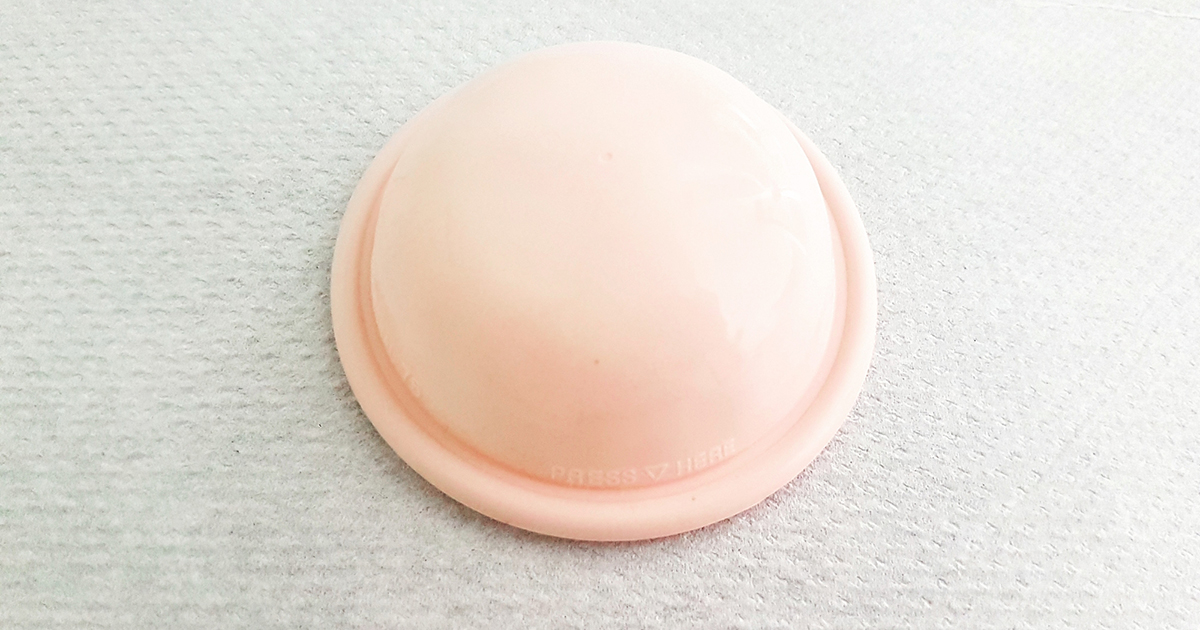Common Risk Factors And Causes Of Cystitis
Cystitis is bladder inflammation usually caused by an infection, in which case it's called a urinary tract infection (UTI), and it can affect any part of the urinary system such as the urethra, bladder, or kidneys. Cystitis is the most common UTI, and it usually affects women. It comes with inflammation that causes irritation of the bladder, a low-grade fever, an intense urge to urinate more frequently, and pain during urination. While cystitis isn't usually serious and can be treated with antibiotics, it can travel from the bladder to the kidneys where it can cause more severe symptoms.
Learn about common risk factors and causes of cystitis now.
Bacterial Infections

Bacterial infections are responsible for about eighty percent of all cases of cystitis. Cystitis is usually caused by E. coli bacteria, but other types of bacteria can be to blame. The urinary system is responsible for removing waste from the body. The kidneys filter waste from the blood and control the concentrations of substances while the ureters carry urine from the kidneys to the bladder. Urine is stored here until it exits the body through the urethra. When bacteria enter through the urethra, it will begin to multiply. This causes infection and inflammatory response from the body. This type of cystitis can spread beyond the bladder if it isn't treated.
Continue reading to learn more about what may cause cystitis.
Use Of A Diaphragm

Women who use diaphragms are about twice as likely to develop cystitis than women who use other forms of birth control. The use of a diaphragm or spermicide doesn't just make cystitis more likely; it also increases the risk of recurrent cystitis. Most urinary tract infections are caused by bacteria, especially E. coli, which lives in the rectum and colon. Diaphragms and spermicide can work to kill off protective bacteria and change the pH balance of the vagina. Both factors can increase the growth of harmful bacteria that can cause an infection.
It isn't understood exactly why this happens, but research is clear normal vaginal bacteria are altered in women who use diaphragms. It's possible the diaphragm simply obstructs the urethra that leaves a small amount of urine in the bladder while allowing bacteria to multiply. If women use spermicide or a diaphragm, they may want to consider switching to a different birth control method like oral contraceptive or an intrauterine device.
Continue for more on what can cause cystitis.
